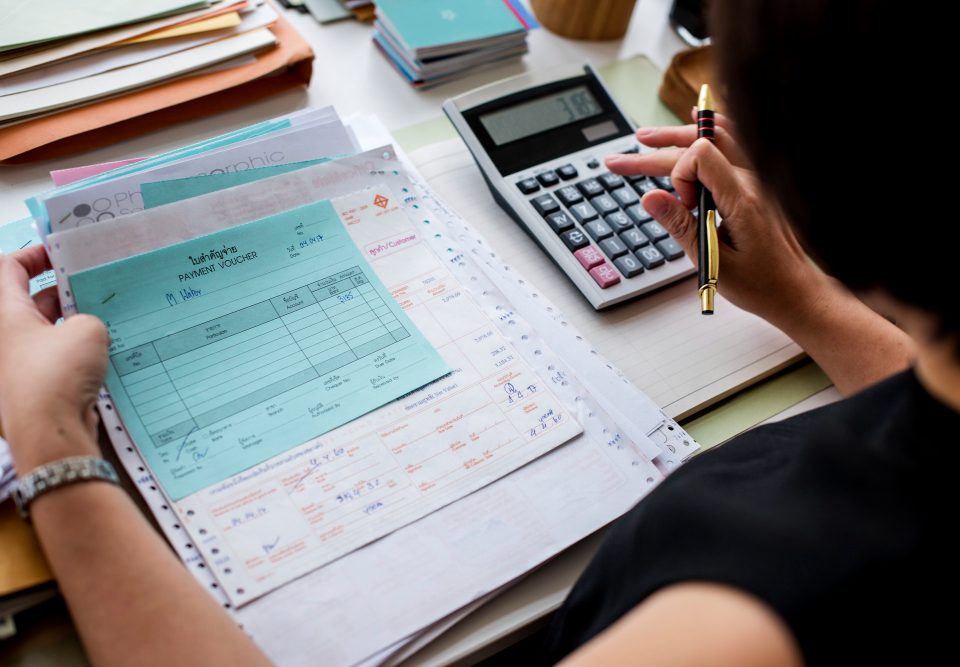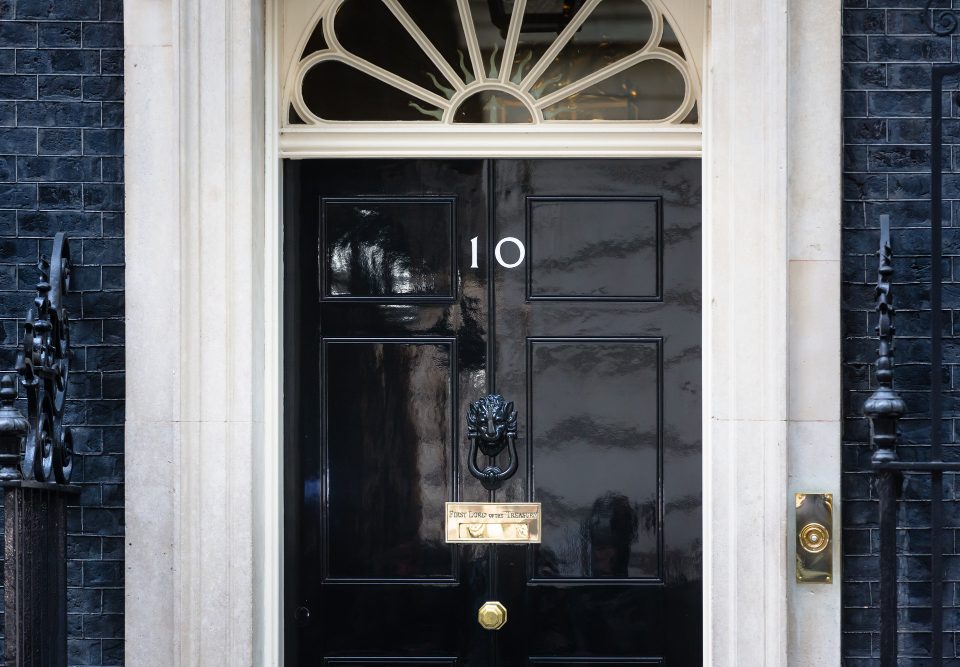From freelance writing or baking to selling on Vinted or driving for Uber, side hustles have really taken off in the UK. And with more people earning extra income outside their main job, HMRC is paying closer attention.
What does that mean? Whether you’re just starting your side hustle or it’s already a solid earner, getting your tax responsibilities straight is essential to stay on the right side of HMRC. Falling for bad advice could mean unexpected tax bills, penalties, or missed opportunities to legally reduce your tax burden.
In this guide, we break down some of the most common side hustle myths and provide you with the realities that every part-time entrepreneur should be aware of.
Side hustle tax myth 1
Myth: If I earn under £1,000, I don’t need to do anything
Reality: The £1,000 trading allowance does exist, but it doesn’t cover everyone.
Everyone is entitled to a £1,000 tax-free trading allowance which means you’re exempt from paying tax on the first £1,000 of your income. If your side hustle earns under this amount across the tax year and you already don’t file a tax return, you don’t need to register with HMRC.
However, this doesn’t apply if:
- You earn over £1,000
- You want to deduct actual expenses instead of using the allowance
- You already file a self-assessment for another reason (e.g. rental income or dividends)
Once your side hustle income goes above £1,000, you’re legally required to register for self-assessment and report it.
Side hustle tax myth 2
Myth: I don’t need to report my income unless HMRC contact me
Reality: It’s your responsibility to register as self-employed and report your income to HMRC
Contrary to what you may think, it’s absolutely your responsibility to register with HMRC if and when required, and to complete a self-assessment tax return (SATR) each year that declares your income and tax due. If your side hustle is expected to earn over £1,000 in one tax year, one of the first things you should do is register as self-employed – HMRC won’t do it for you.
If you fail to do this and HMRC finds out later, you could face interest charges and penalties, even if failing to register was accidental.
Side hustle tax myth 3
Myth 3: I’ve sold a few items on Vinted, HMRC are going to demand tax on my £20 profit
Reality: HMRC aren’t worried about casual trading
The distinction to make here is that side hustles that engage in casual trading (such as selling clothes or unwanted items on the likes on eBay etc) don’t need to worry about HMRC coming knocking.
It’s all about intent and profit. HMRC is concerned with people who regularly sell, bulk make or buy items to sell, or make large profits from sales. Essentially, if you’re operating like a small business then your hobby has become a trade, and that normally means you’ll need to start paying some tax.
If in doubt, consulting HMRC’s badges of trade could help you to assess whether you’re classed as running a business rather than being a casual seller:
- Are you seeking to make a profit?
- Are you regularly buying and selling goods or services?
- Are you marketing your services?
If the answers to the above are yes, you’re likely classed as self-employed, and your income becomes taxable, even if it’s a side gig.
The important thing to take away is that you don’t need to worry about selling occasional items .

Side hustle tax myth 4
Myth: I can write off everything I buy for my side hustle
Reality: Only business-related expenses used solely for professional purposes can be claimed for
Here’s a few things you may be able to claim for:
- Marketing – website hosting fees, etc
- Materials – needed to conduct your work
- Utility bills – such as internet, phone, etc
We’d always advise you to double check with a tax professional as everyone’s individual circumstances are different and the last thing you want to do is claim for something you’re not eligible for.
Remember, when claiming for something you use for both professional and personal reasons (e.g. your phone bill), you can only claim for the portion that was used for work purposes.
Top tip: keeping accurate receipts and using software to track expenses makes it easier to stay compliant and avoid over-claiming.
Side hustle tax myth 5
Myth: HMRC won’t know about my cash payments, so I don’t need to report on them
Reality: It’s your responsibility to declare all of your income, including cash income.
HMRC also now receives data directly from digital platforms, so the chances are they are aware of how much you’ve earned and how much cash income you have coming in.
As of January 2025, digital platforms such as Etsy and Vinted are legally required to collect and report seller data to HMRC if certain thresholds are met. This is normally over 30 transactions or more than £2,000 income. Payments from PayPal and cash payments are also included within this. HMRC’s digital surveillance tools mean that detecting unreported income can be done more easily than in the past.
Always ensure you are being honest and compliant when it comes to your transactions and taxable income to avoid any investigations and penalties.
Side hustle tax: top tips
If you’re in need of a practical plan to help you stay on track with your finances, here’s some top tips:
- Track all income & expenses from day one
- Review whether your income exceeds £1,000 in one tax year
- Register for self-assessment before the registration deadline of 5th October if needed
- File your tax return & pay any taxes due by 31st January if applicable
- Set aside a portion of your profits for income tax and National Insurance if you’re worried about not having enough money to cover your contributions when the time comes
Final Thoughts
Running a side hustle can be an extremely rewarding and worthwhile venture – the last thing you want is for the side hustle tax myths to get the better of you and cost you your peace of mind.
If you’re worried about your tax responsibility or you’re still unsure whether your side hustle owes tax or not, reach out to our team who will be able to help!









